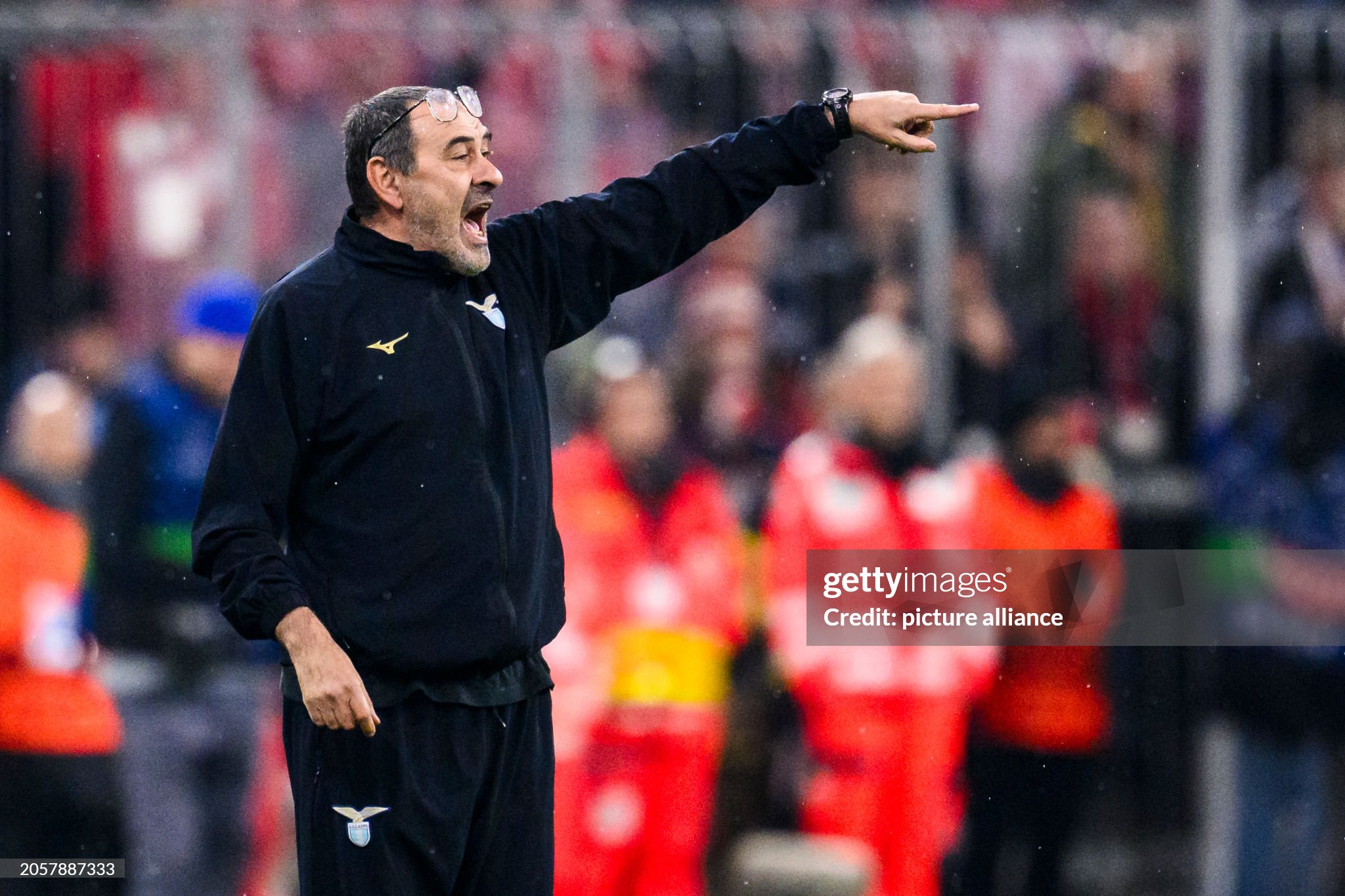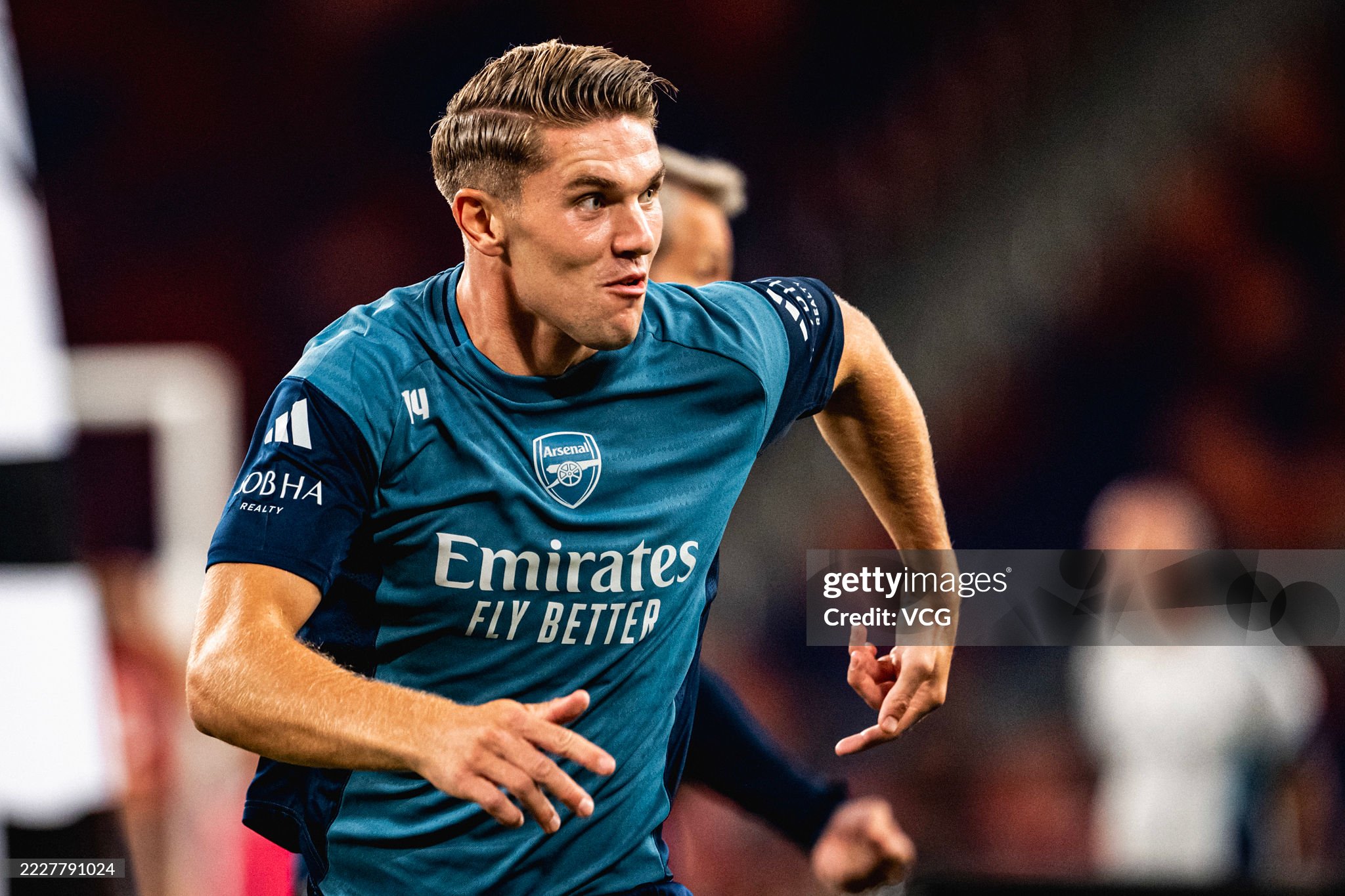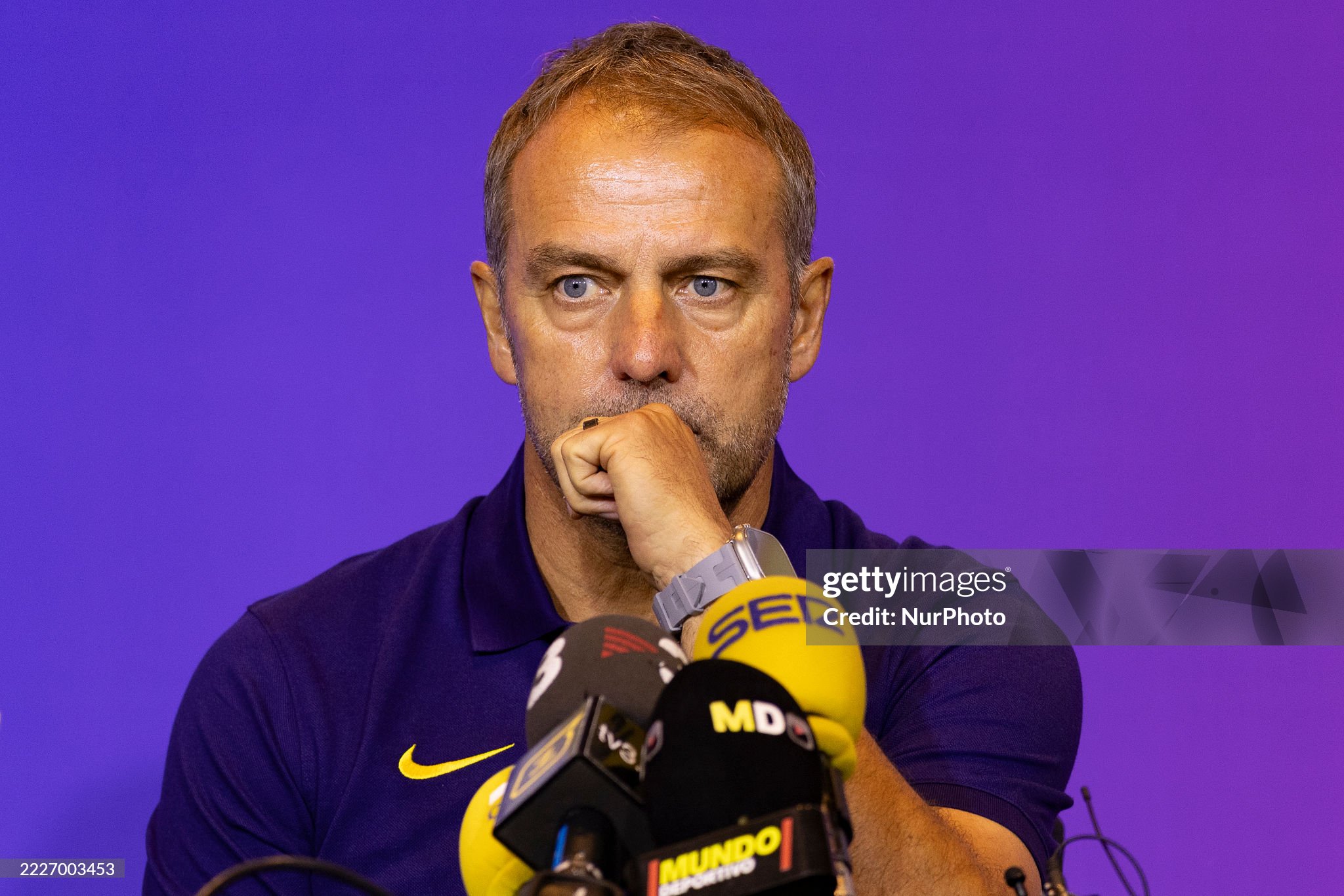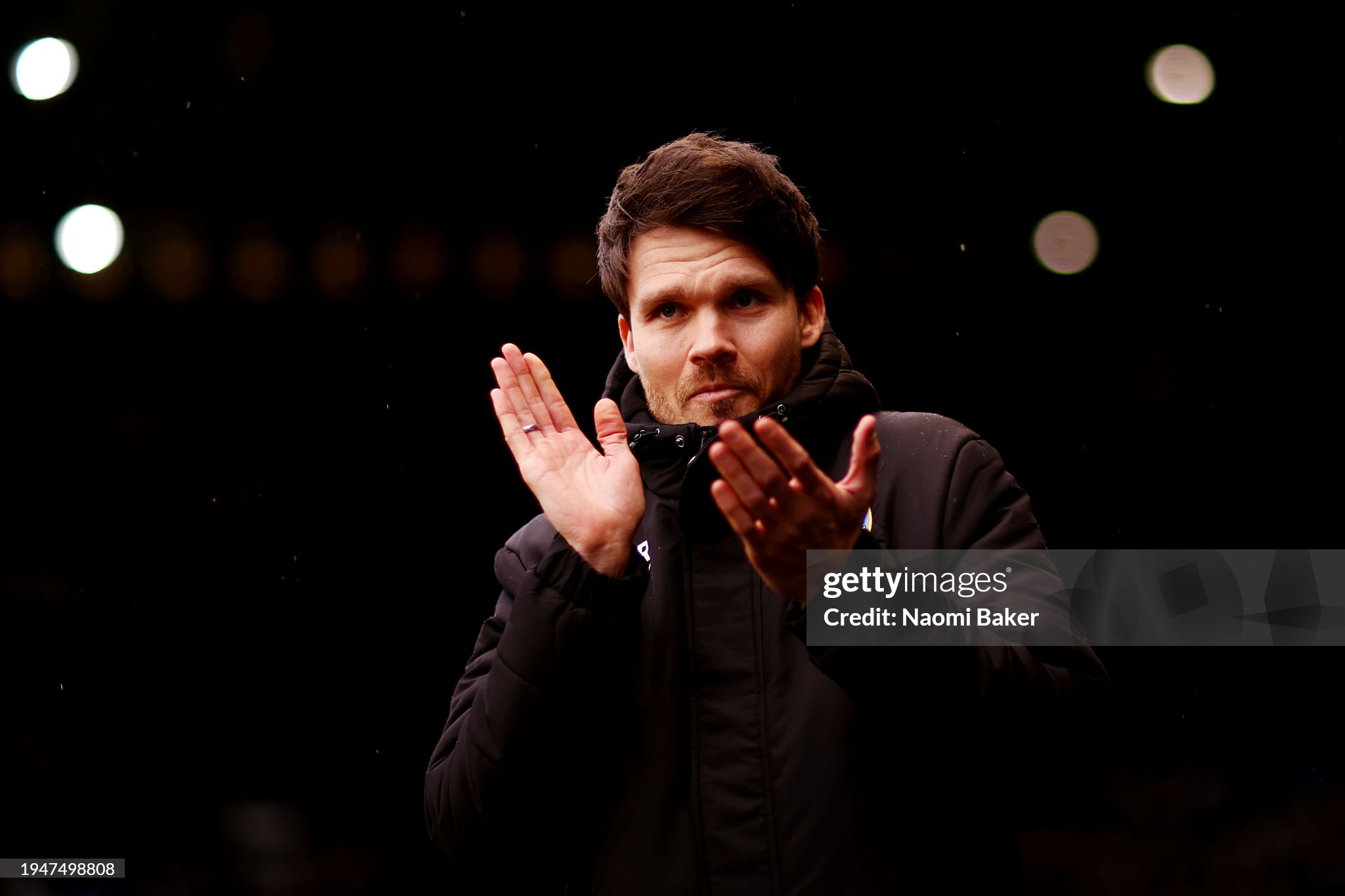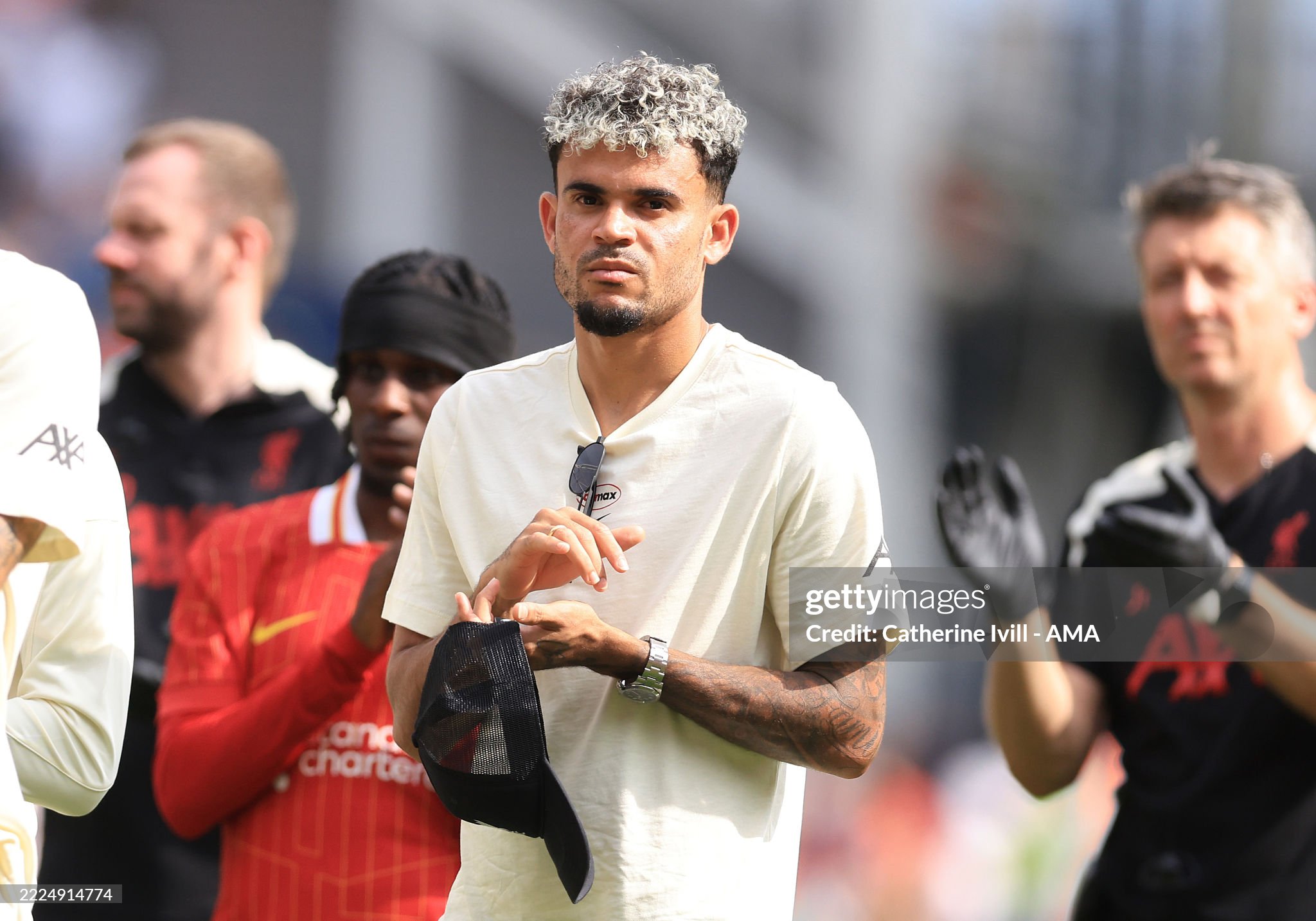We won’t be seeing Maurizio Sarri in Saudi Arabia anytime soon. The 66-year-old coach, who recently returned to Lazio, confirmed that he held talks with a club from the Middle East, but the Italian couldn’t be persuaded even with a massive salary offer.
In an era where football increasingly dances to the rhythm of billion-euro offers from Saudi Arabia and other emerging markets, Maurizio Sarri has taken a rare and principled stance.
The 66-year-old Italian coach, known as much for his tactical rigidity as for his philosophical outlook on the sport, has confirmed he turned down a hugely lucrative offer from a Saudi club choosing instead to return to Lazio, the club he previously left just months ago.
"I work in football because of my passion, not for the money," Sarri told Sportitalia. "I held talks with a Saudi club where I would have earned in one month what I make at Lazio in an entire year. But I’ve always said I would follow my heart, not the money." The offer on the table was reportedly among the most generous ever made to a European coach, but Sarri’s decision was clear-cut. “It just doesn’t trigger any emotional response in me it doesn’t interest me,” he added. “It would be difficult for me to work in that environment.”
This is not the first time Sarri has turned his back on a financially tempting proposition. Over the years, he has consistently prioritised sporting projects that offer him autonomy, a connection with the fans, and room to implement his brand of positional, high-tempo football. To Sarri, who spent decades climbing through the lower divisions of Italian football while holding down a day job at a bank, the soul of football lies in sweat, repetition, and the smell of the training ground not in luxury, public relations spectacles or geopolitical soft power campaigns.
His decision stands in stark contrast to the paths taken by fellow Italian managers. Simone Inzaghi, Sarri’s former successor at Lazio, made headlines this summer by signing with Saudi Arabian club Al-Hilal, a move that drew widespread criticism in the Italian press. Similarly, Roberto Mancini once Sarri’s rival in Serie A spent the past year managing the Saudi national team, in a controversial switch that came shortly after his resignation from the Italian national squad. These moves have been viewed as symbolic of a wider shift in football’s power dynamics, but Sarri remains an outlier: uninterested, unmoved, and uncompromising.
His return to Lazio is both unexpected and symbolically rich. The veteran tactician resigned in March 2024 after a turbulent run of results, citing fatigue and a lack of harmony within the club structure. Yet the months that followed only reinforced his connection with the club, its fans, and the challenge of building something lasting in Rome. After an extended break, Sarri was approached again by Lazio president Claudio Lotito, and this time, the former Chelsea and Juventus manager was ready.
"I still feel I have something to give here," Sarri said in his return press conference. “Sometimes you need to step away to realise how much you miss the daily grind of Italian football. I watched Lazio struggle in the final stretch of last season, and it hurt. I want to put that right.”
There is much work to be done. Lazio’s seventh-place finish in the 2024/25 Serie A season means they have missed out on European competition for the first time in three years. The squad, while talented, has shown signs of wear and imbalance particularly in midfield and defence. Key figures such as Ciro Immobile are ageing, and rumours of departures for players like Luis Alberto and Ivan Provedel continue to swirl. Yet Sarri sees opportunity in this.
Without the strain of midweek European fixtures, Lazio will have more time to train, recover, and develop a consistent tactical identity. For a manager like Sarri, who places enormous value on repetition and positional discipline, this could prove crucial. His signature 4-3-3 system, reliant on midfield control, overlapping full-backs, and vertical passing, suffered last season from injuries and inconsistent form. But with time and a focused squad, he believes it can be revived.
At a broader level, Sarri’s decision serves as a statement about what matters in football today. While Saudi Arabia continues to attract star names with astronomical offers, not every coach is ready to trade principles for paychecks. “Football has changed a lot in the last ten years,” Sarri admitted. “But for some of us, it’s still about the love of the game.”
He may not be chasing continental trophies next season, but Sarri has embraced a new challenge: rebuilding Lazio from within, away from the spotlight of Europe but close to the beating heart of the Roman fanbase. And in doing so, he has reasserted himself as one of the last romantics in modern football.
